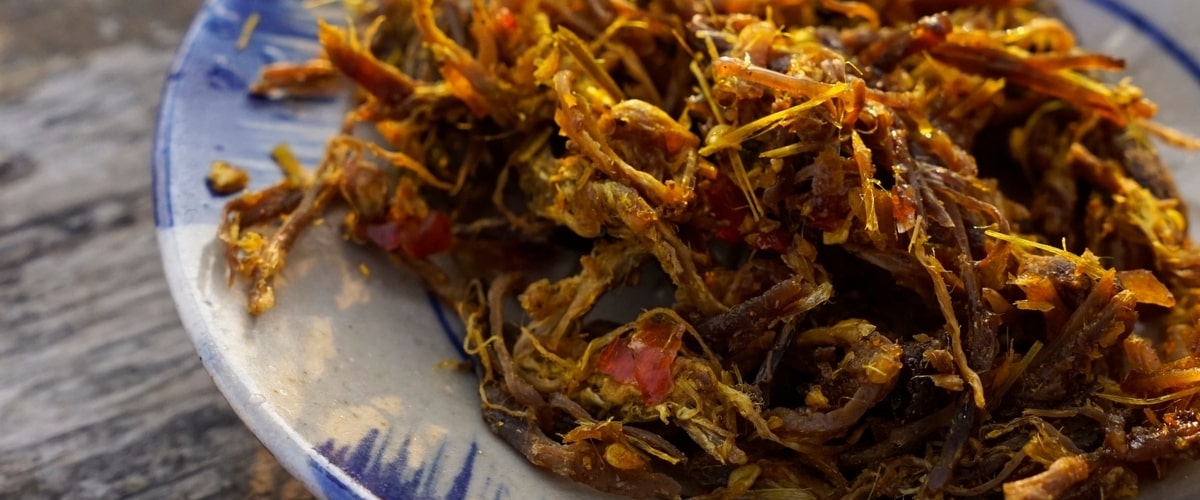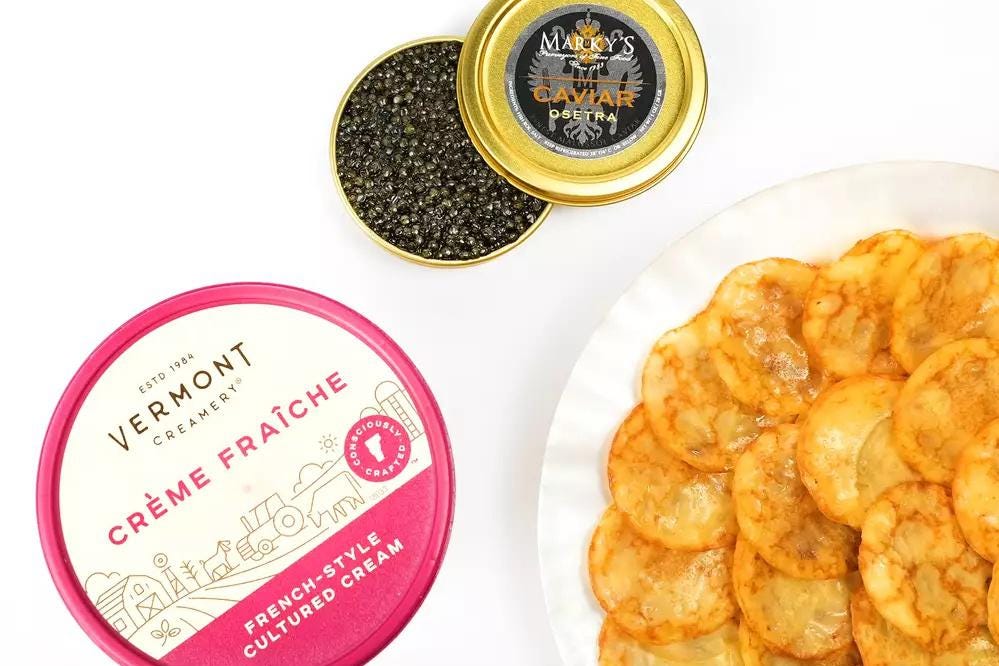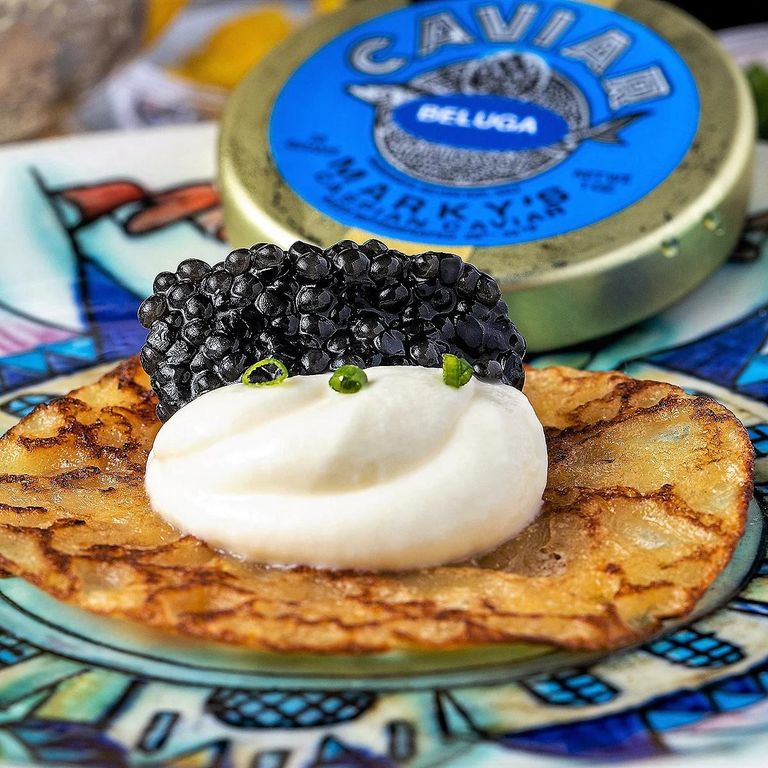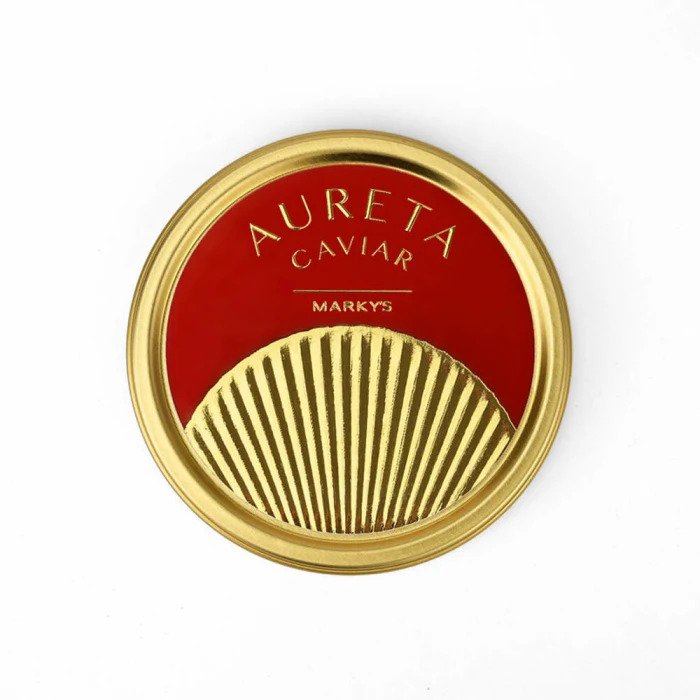The Science of Food Preservation: Freezing and Dehydrating Techniques
Category : Food Stories, Party Ideas, Recipes, Press Room |
Posted : Jul 24, 2023
Are you passionate about preserving the freshness and flavor of your favorite homemade foods? Is it important for you to know how freezing, dehydrating, and other food preservation techniques work so you can whip up a delicious meal at any given moment? If your answer is 'yes', then this blog post is perfect for you! We’ll be diving into the science behind freezing and dehydration methods—from tips on broccoli rabe to proper techniques for storing lamb shanks in the freezer—so that by time we are done, you will feel confident in your ability to make restaurant-quality dishes from ingredients stored at home. So buckle up as we explore these exciting topics on food preservation!
Understanding the Science of Food Preservation - How it works and why it is important

Food preservation is a science that has been practiced for centuries, but its importance cannot be overstated. With changing lifestyles, constantly increasing population, and evolving food habits, it is critical to understand the science behind food preservation. The process of food preservation involves different techniques to extend the shelf life of perishable food items, ensuring that they stay safe and fresh for longer. It is not just about keeping food from spoiling, but also about maintaining its nutritional value and flavor. From drying and canning to freezing and pickling, every method has a specific function and purpose. When we understand the science of food preservation, we can ensure that we are keeping our food fresh for longer periods of time, reducing waste, and preserving the environment, all while enjoying tasty and nutritious food.
Freezing Foods - What you need to know before throwing food in the freezer
In a world where food waste is a major problem, freezing our leftovers and unused ingredients can be a game-changer. However, before you start tossing everything in the freezer, there are a few things you should consider. First and foremost, not all foods are freeze-friendly. For example, items with high water content, like lettuce or cucumbers, will not fare well in the freezer. Additionally, certain foods may lose their texture, flavor, or nutrients when frozen and thawed. That being said, when frozen properly, foods can maintain their quality for months, making them a convenient and cost-effective option. So, if you're looking to reduce food waste and save a few bucks, knowing the ins and outs of freezing foods is definitely worth your while.
Dehydrating Foods - Discover the art of drying fruits, vegetables, herbs and meats
Dehydrating foods has been a time-tested method for preserving food. The beauty of this technique is that it not only extends the shelf life of your fruits, vegetables, herbs and meats, but also concentrates their flavors, making them more intense and delicious. And the best part? It's incredibly easy to do, requiring minimal effort and equipment. With just a dehydrator and some simple preparation techniques, you can enjoy your favorite foods all year round. As an enthusiast of this art myself, I can attest to the joy of opening a jar of homemade dried fruit or jerky and knowing that I made it with my own hands. Join me and discover the tasty potential of dehydrated foods!
Benefits of Different Methods - Pros and cons of freezing vs dehydrating food
When it comes to preserving food, freezing and dehydrating are two popular methods to choose from. Freezing can help preserve the flavor and texture of many foods, and it is a great option for prolonging the shelf life of meats and vegetables. On the other hand, dehydrating is great for fruits, vegetables, and even some meats, as it removes moisture and reduces the risk of spoilage. However, it is important to keep in mind that while freezing can preserve the original quality of the food, dehydrating can change its flavor and texture. Ultimately, the choice between freezing and dehydrating comes down to personal preferences, as both methods have their own pros and cons. Whatever your choice may be, experimenting with different preservation methods can be an effective way to keep your food fresh for longer periods of time.
Tips for Safe Storage - Storing frozen and dehydrated foods for extended periods of time
When it comes to storing frozen and dehydrated foods for extended periods of time, there are a few tips to keep in mind to ensure that they remain safe to eat. First and foremost, always make sure to label and date your items before placing them in the freezer or pantry. This will come in handy when it's time to pull items out and know for sure how long they've been there. Additionally, storing foods in airtight containers or bags will help prevent freezer burn or moisture damage. And finally, it's important to regularly clean and organize your storage areas to prevent any potential contamination. With these tips in mind, you can feel confident that your frozen and dehydrated foods are not only safe but will also retain their quality for as long as possible.
Recipes to Try - Creative ideas using frozen or dehydrated ingredients!
If you're tired of cooking the same old meals but can't always get your hands on fresh ingredients, frozen or dehydrated ingredients could be a game-changer. Not only do they last longer, but they can also add unique flavors and textures to your dishes. Imagine the crunch of dehydrated mushrooms sprinkled on top of a creamy pasta dish, or the sweetness of frozen berries blended into a refreshing smoothie. The possibilities are endless and we're excited to share some creative ideas with you. So, let's get cooking and discover the deliciousness that frozen and dehydrated ingredients can bring into our kitchens.
Food preservation techniques are fascinating and wildly diverse. These processes, from freezing to dehydrating, can extend the life of ingredients, reduce food waste, and even create exciting recipes! From understanding the science behind it to mastering the tips and tricks that make each method successful, we've covered it all. Whether you're looking for quick meal ideas or want to get creative with some fun explorations in food preservation, the options are endless. So don't be afraid to dive in - grab some frozen fruit and vegetables and start blending or dehydrate your favorite foods for home-made snacks - incorporating these versatile methods into your everyday cooking will take meal prep up a notch. Let the experiments begin with food preservation!













